Nigel Farage, a figure who thrived in the limelight of political dissent and media controversy, has now stepped into the often tedious reality of being a Member of Parliament. Could this be a case of ‘be careful what you wish for’?
1. Endless Constituency Surgeries

Farage now spends countless hours listening to local grievances about council housing and parking regulations, far removed from his Brexit rallying cries on grand stages. These surgeries demand not just presence but also empathetic engagement and follow-ups, tasks that might test his patience. Previously unseen in such settings, he’s now the first point of contact for even the smallest of local issues.
2. The Daily Email Avalanche

The fantasy of sparking national debate is replaced by the reality of sifting through hundreds of emails from constituents and civil servants daily. Each email requires thoughtful response and action, a far cry from the simplicity of firing off incendiary tweets. Managing this flood of daily correspondence is crucial, as responsiveness directly impacts his reputation among constituents.
3. Media Restrictions

Previously a media darling for his unapologetic critiques and sensational sound bites, Farage now finds himself bound by the more reserved and regulated communication expected of MPs. He must tread carefully, as any slip-up is not just personal but reflects on his party and constituency. Parliamentary protocols significantly dampen his usual flair for controversy.
4. The Committee Crawl

The slow, painstaking work of sitting on parliamentary committees involves detailed scrutiny of legislation and policies, a far stretch from the broad strokes of campaign rhetoric. Each committee meeting is a marathon of patience, requiring in-depth understanding and constructive feedback, often on topics far outside his usual remit. This could be a particular sore spot, as Farage’s strengths lie more in public persuasion than in detailed policy analysis.
5. Party Line Toe-Tapping
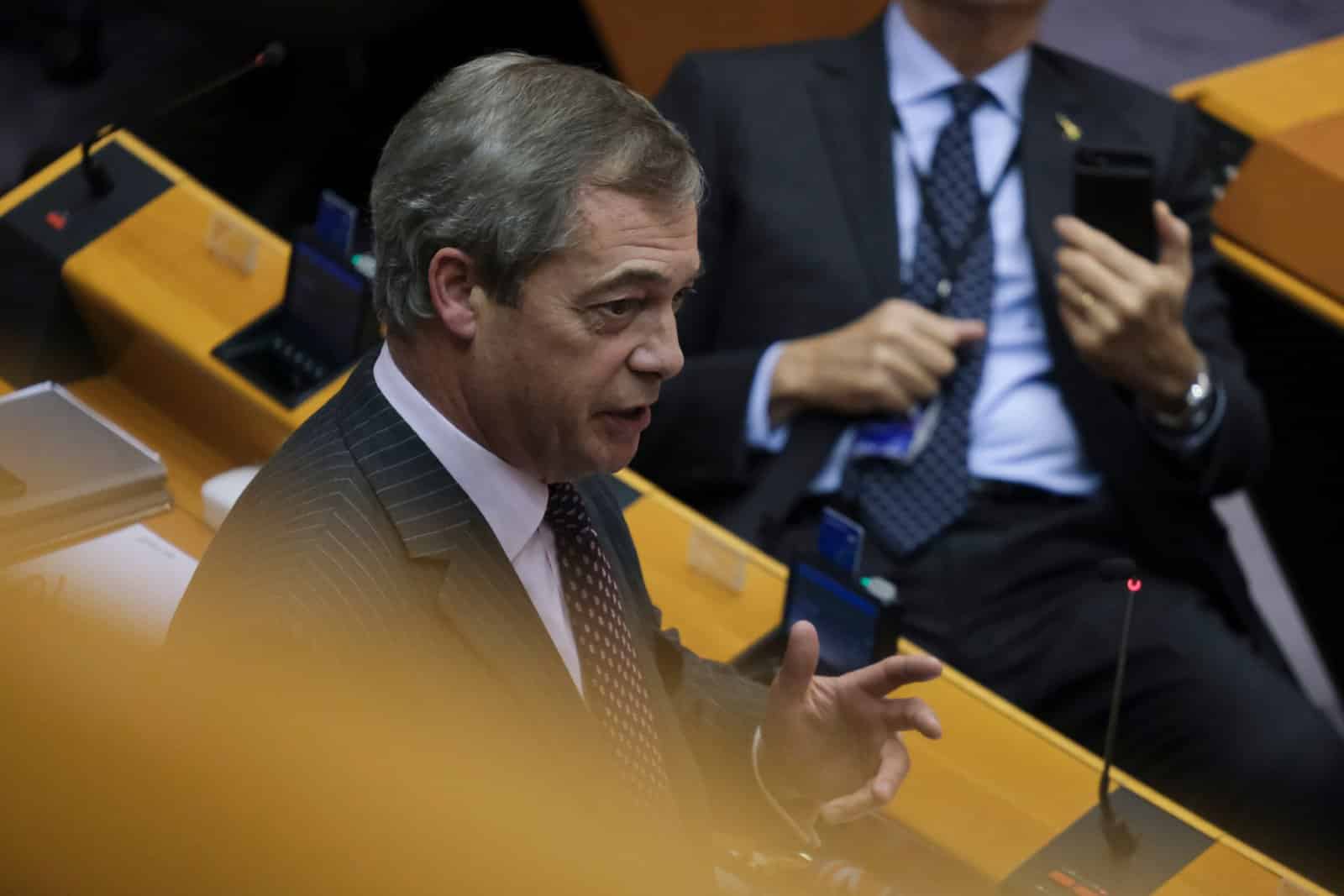
Farage, known for his strong personal brand and independent political stance, now finds himself having to align with party strategies that may not always match his views. This conformity is essential for party unity but could chafe against his nature. He risks either alienating his party or diluting his own brand, neither of which would have been a concern before.
6. Budget Balancing Acts

Managing a constituency office involves meticulous financial planning, from staffing to stationery. Every pound spent must be accounted for, requiring a level of detail and frugality that might not come naturally to someone accustomed to the grand gestures of national campaigns. This is a significant shift from his previous roles where budget concerns were likely more abstract than real.
7. The Tedium of Policy Reading

The job requires digesting vast amounts of complex documentation to make informed decisions on legislation—a far cry from the headline-grabbing speeches of his past. This intensive reading is not only dry but critical, requiring a deep dive into topics that may lie outside his previous areas of interest or expertise.
8. Young MPs’ Tech Savvy
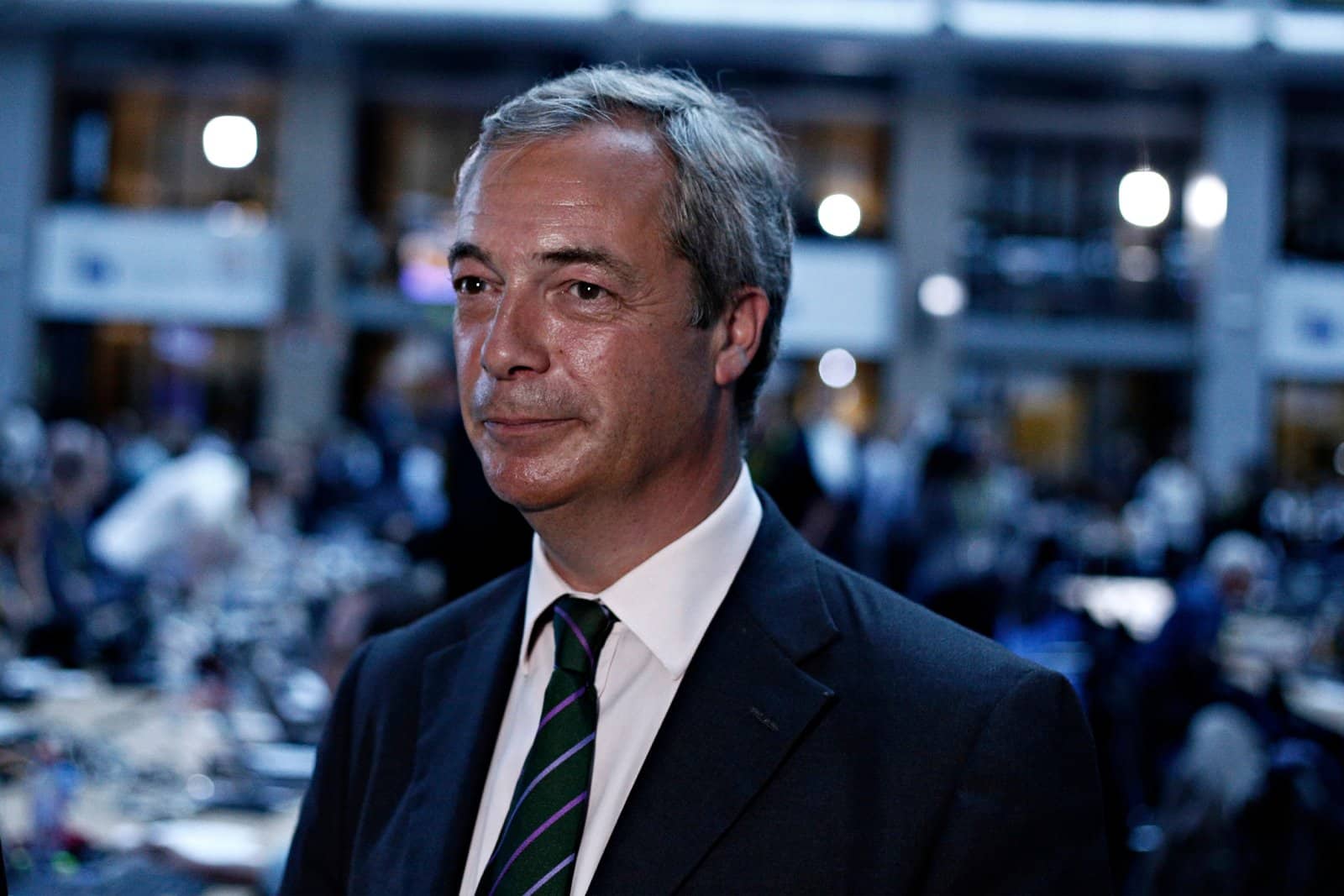
In an era where digital fluency is crucial, Farage may find himself outpaced by younger, more technologically adept MPs. Their proficiency with modern tools for communication and data analysis could highlight a gap in his skill set, making him feel outdated in a rapidly evolving political landscape.
9. Reduced Public Speaking Opportunities
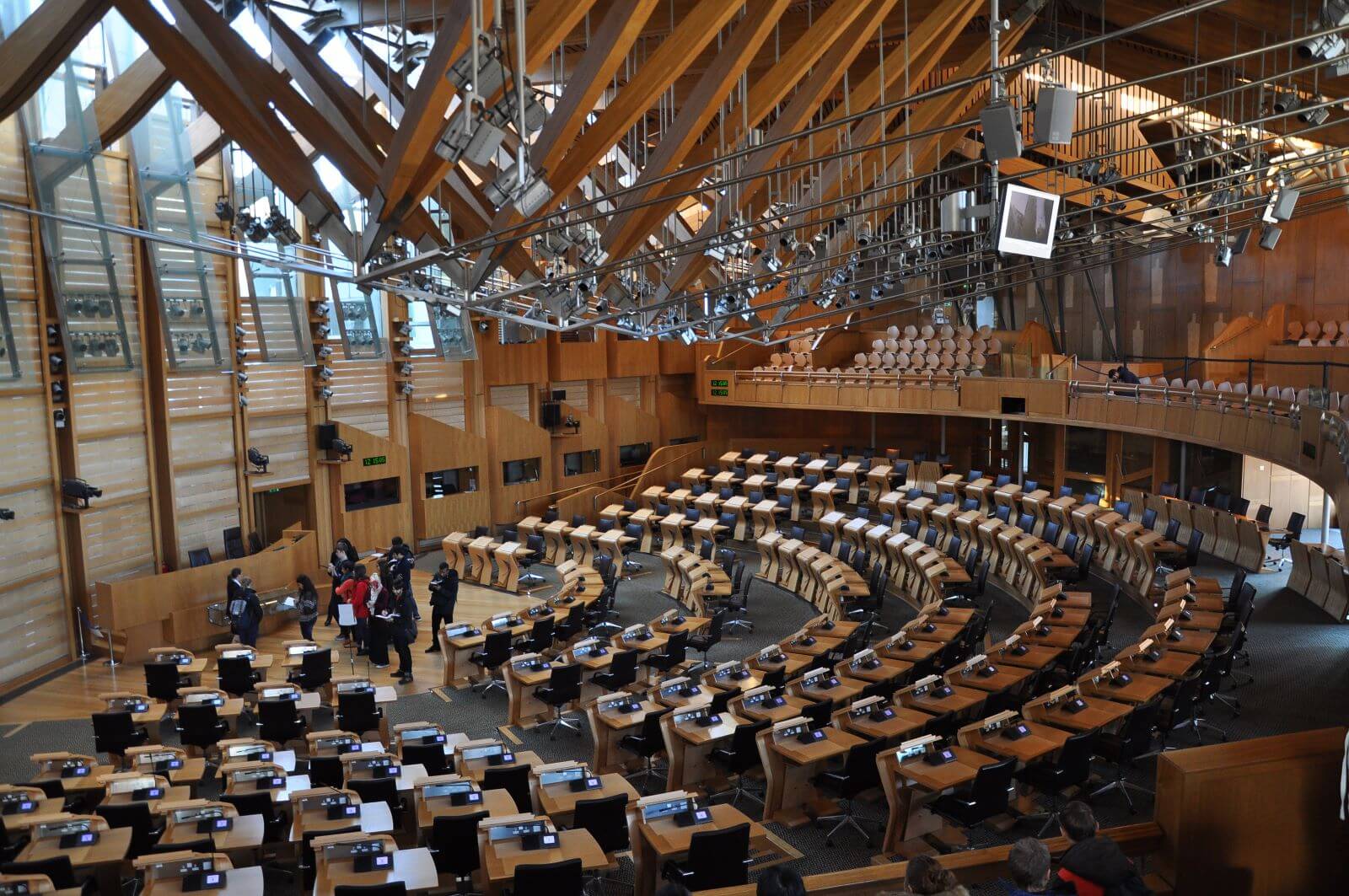
The structured and timed environment of parliamentary debates allows for less freedom than the rallies and media appearances Farage is accustomed to. He must now make his points succinctly without the luxury of controlling the narrative or the audience, confined by the strict rules of parliamentary procedure.
10. The Need for Diplomacy

Navigating the complex interpersonal dynamics of Parliament requires a level of diplomacy and subtlety that might elude someone known for his blunt and divisive tactics. Building consensus and nurturing alliances are crucial for legislative success, potentially stifling for someone with his confrontational style.
11. Constant Conflict of Interest Scandals
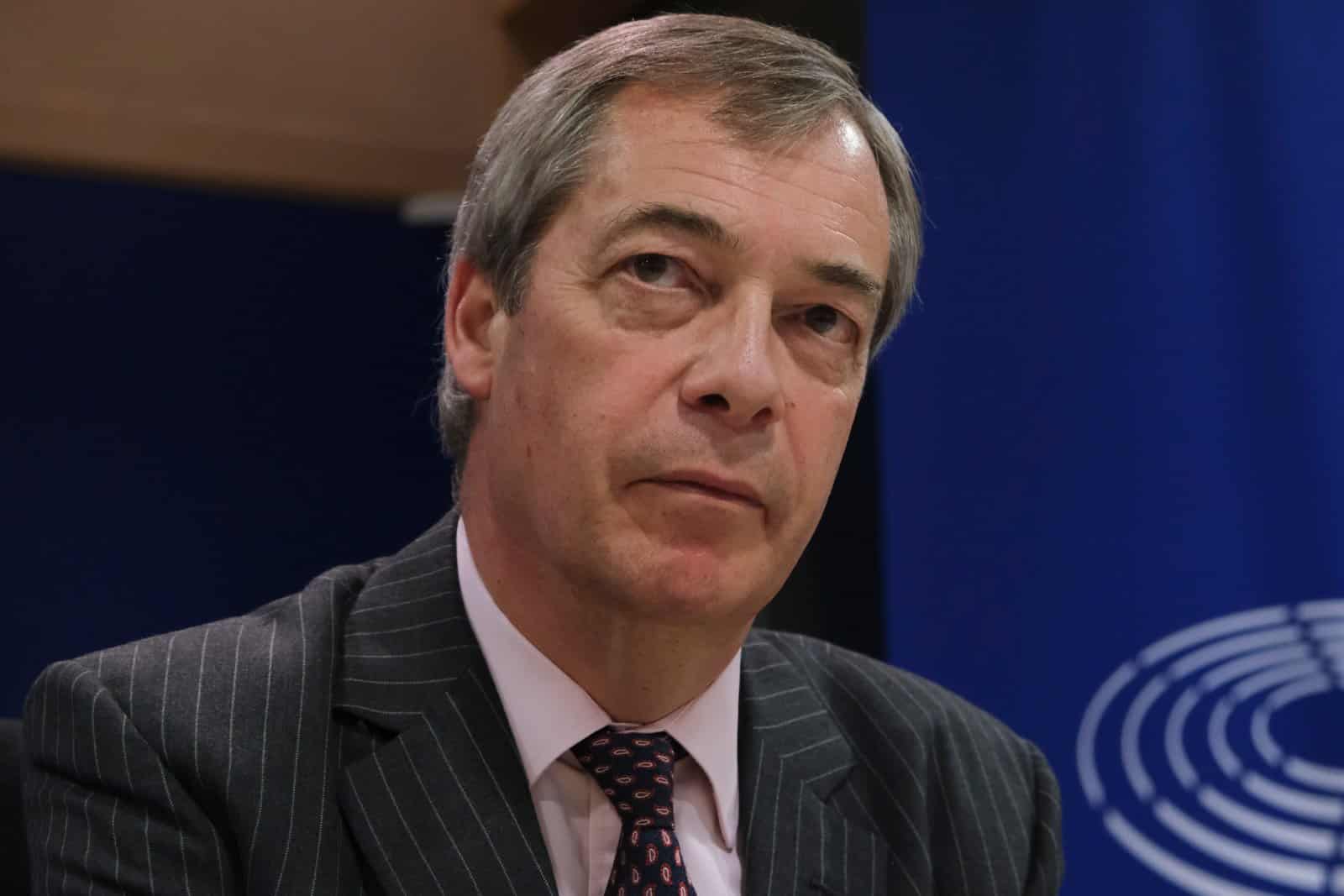
The transparency required of MPs can expose conflicts of interest, subjecting Farage’s past and present business dealings to rigorous scrutiny. This could lead to uncomfortable revelations and necessitate a more cautious approach to both personal and professional interactions.
12. The Loss of Speaking Fees

MPs face restrictions on external paid engagements, which means Farage might have to forego lucrative speaking opportunities that he previously enjoyed. This can significantly impact his income and public visibility outside the political arena.
13. Scrutiny Over Attendance

Attendance records are publicly tracked and reported, putting pressure on Farage to maintain a consistent presence in Parliament. This level of accountability is new to him, as his previous roles allowed more freedom in choosing his engagements.
14. Dealing with Bureaucracy

The bureaucratic nature of governance, with its endless paperwork and procedures, stands in stark contrast to the action-oriented, campaign-focused work he’s used to. This shift from dynamic speaking engagements to static form-filling could prove to be a major frustration.
15. Constituent Privacy Concerns

Handling sensitive information with care is paramount. Any mishandling of constituent data could lead to serious repercussions, both legally and politically, adding a layer of responsibility Farage might find burdensome.
16. Less International Travel
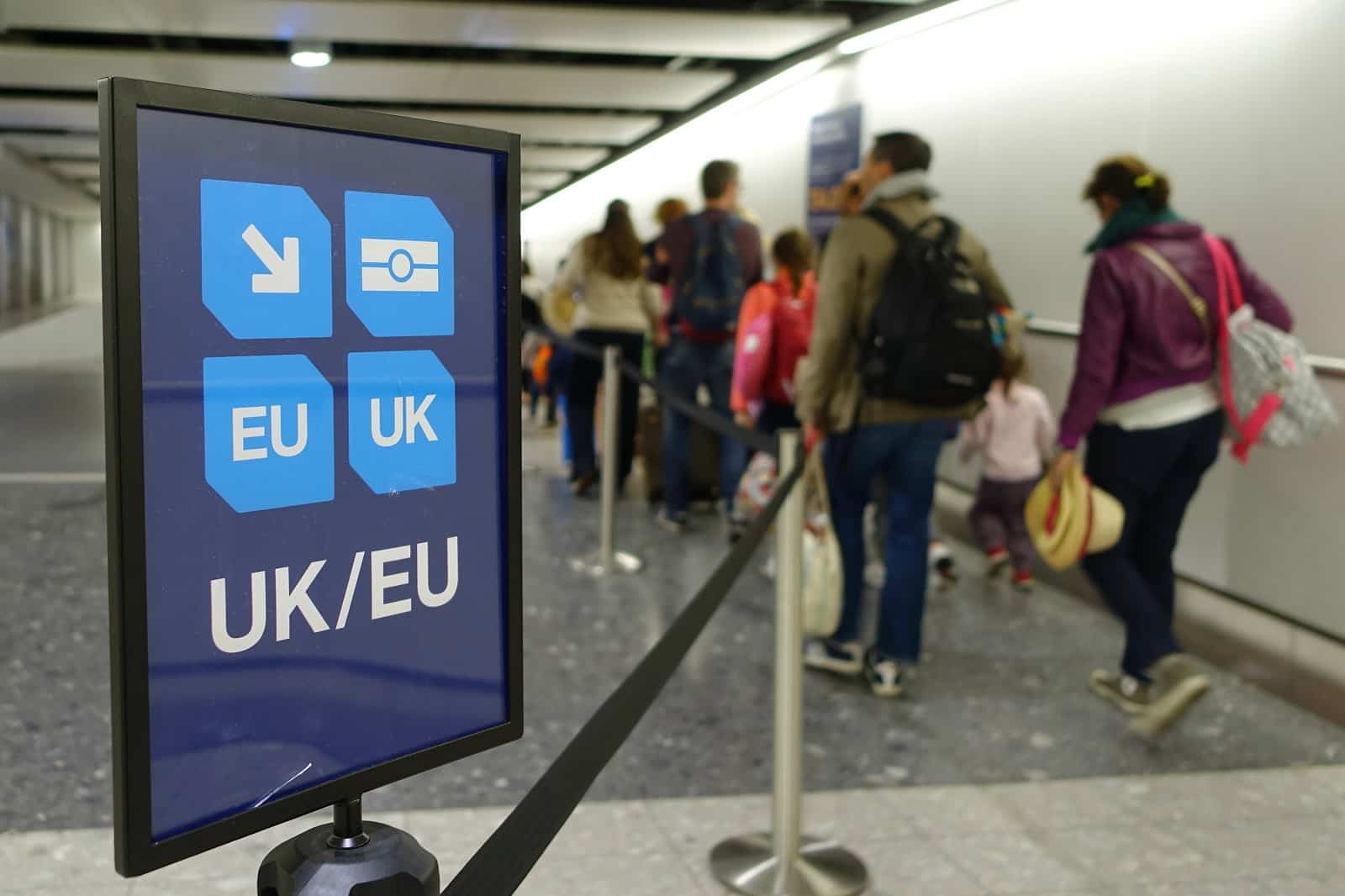
His new role limits opportunities for international travel, confining him to the UK for most parliamentary sessions and reducing his global influence and networking opportunities.
17. Subsiding Celebrity Status
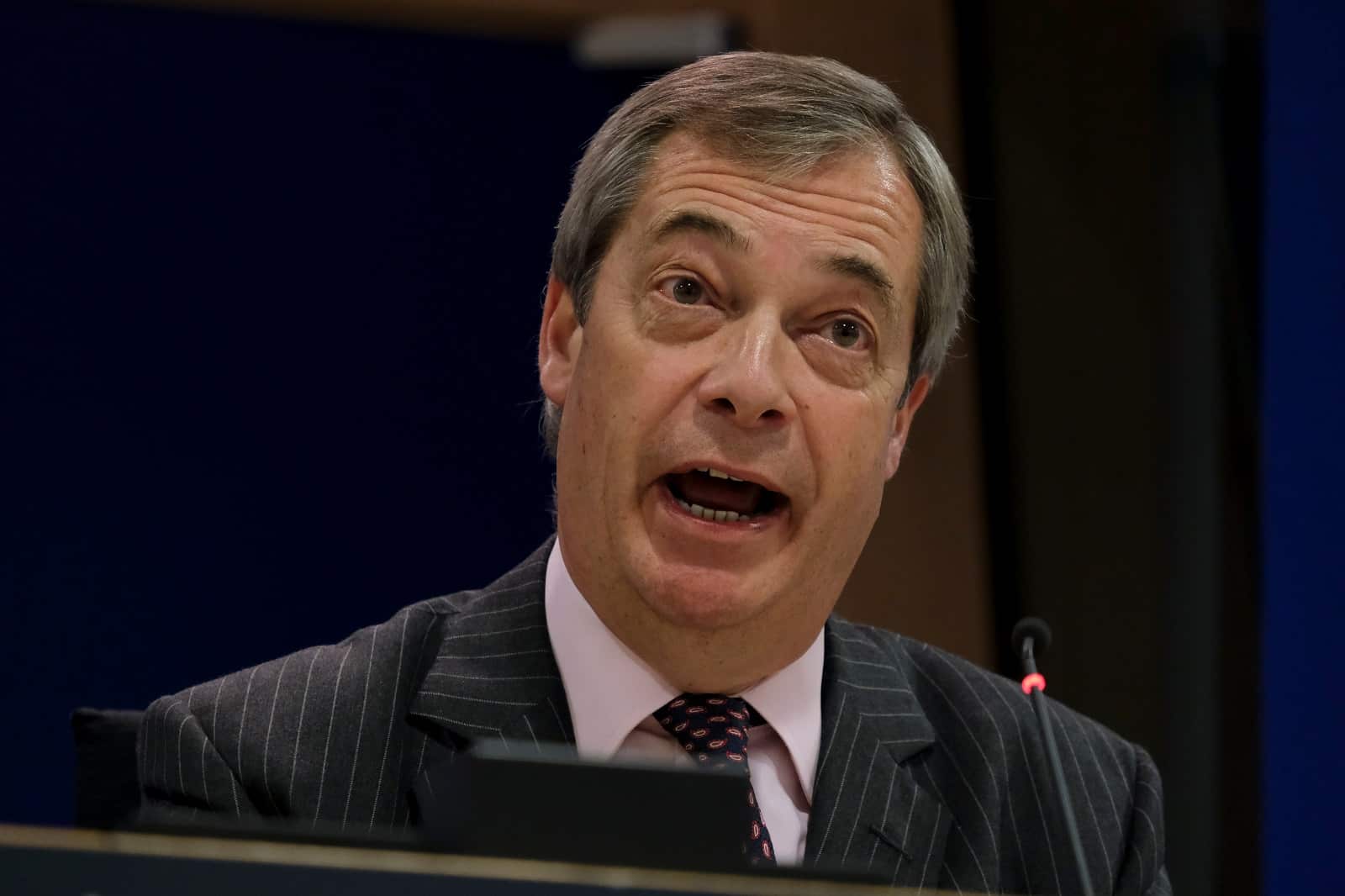
As just one of many MPs, Farage’s unique brand might no longer shine as brightly, reducing his ability to influence public discourse as he once did. This diminished status could be a bitter reality check.
18. The Civil Service’s Pace
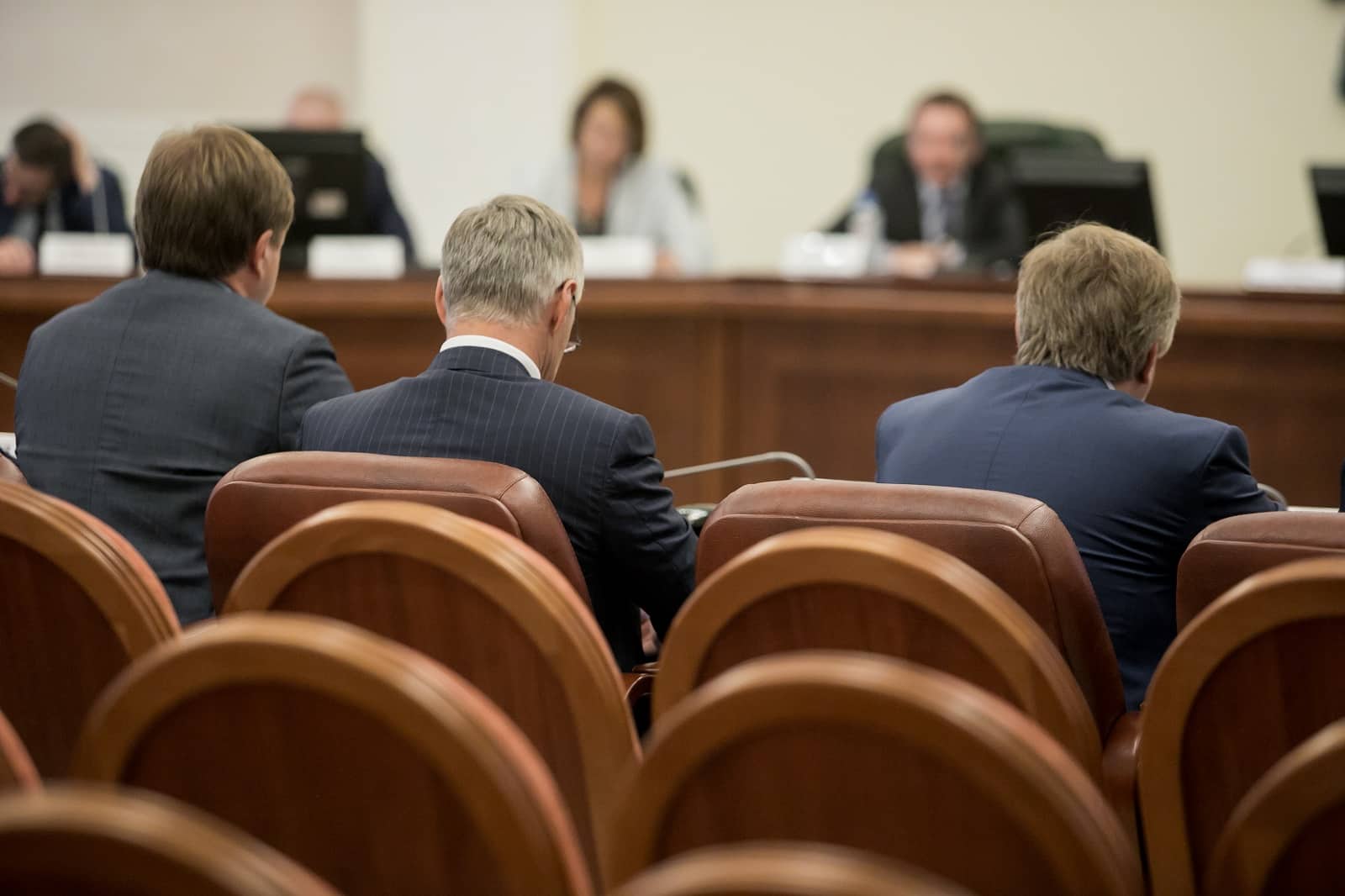
Working with the civil service, whose methodical pace ensures thoroughness and accountability, could frustrate someone accustomed to quick decisions and direct action. The slow pace can feel like inertia to a newcomer used to the faster tempo of campaign trails.
19. More Fact-Checking, Less Firebranding
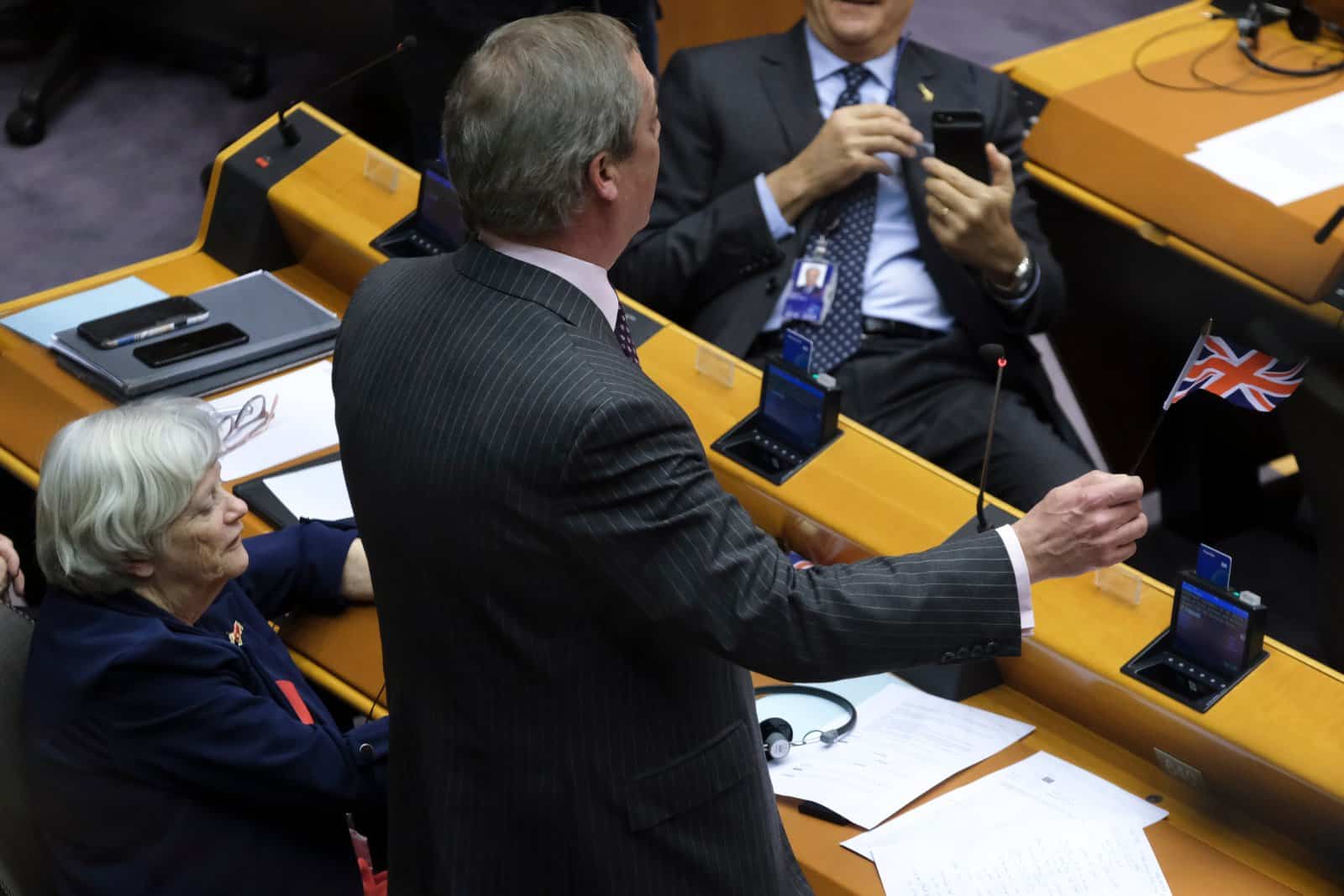
The parliamentary emphasis on accuracy and substantiated claims curtails his typical rhetorical style, which often played loose with facts to stir emotions and grab headlines.
20. Diminished Social Media Freedom
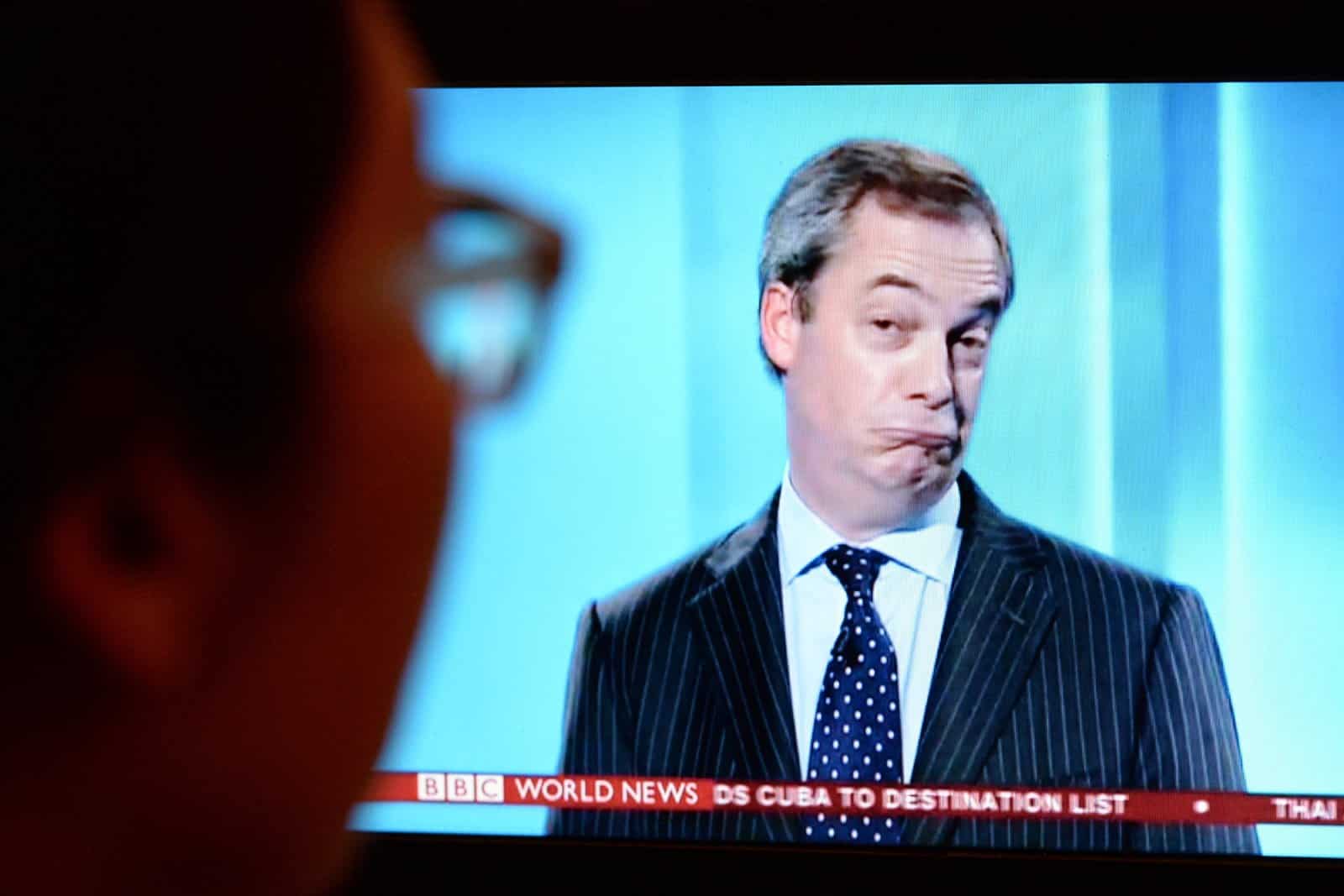
The expectation to maintain a dignified presence on social media curtails the freedom Farage once enjoyed in expressing controversial opinions, now representing not just himself but his constituents and party.
Oh, How the Mighty Are Chained!

As Farage navigates these new waters, the constraints and responsibilities of his role as MP may prove to be more of a straitjacket than a badge of honour. The shift from a national firebrand to a more constrained public servant could be his toughest campaign yet.
Featured Image Credit: Shutterstock / Martin Suker.
For transparency, this content was partly developed with AI assistance and carefully curated by an experienced editor to be informative and ensure accuracy.

